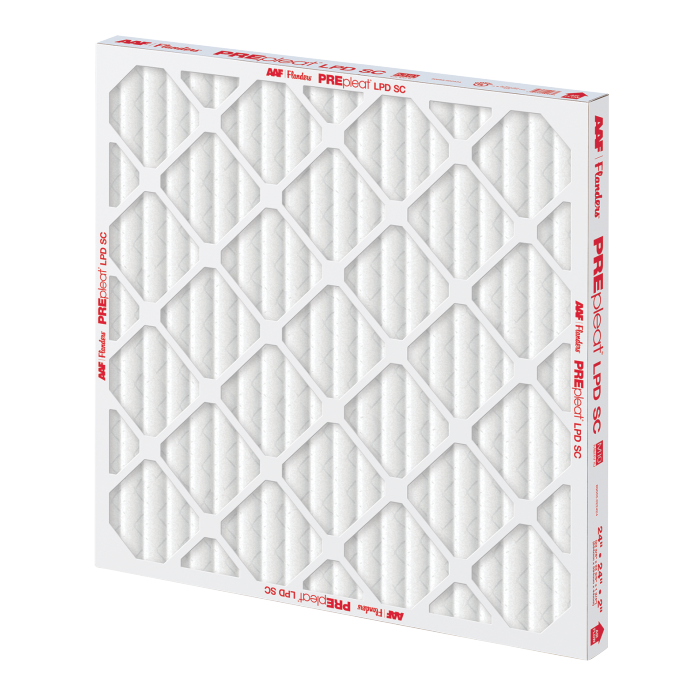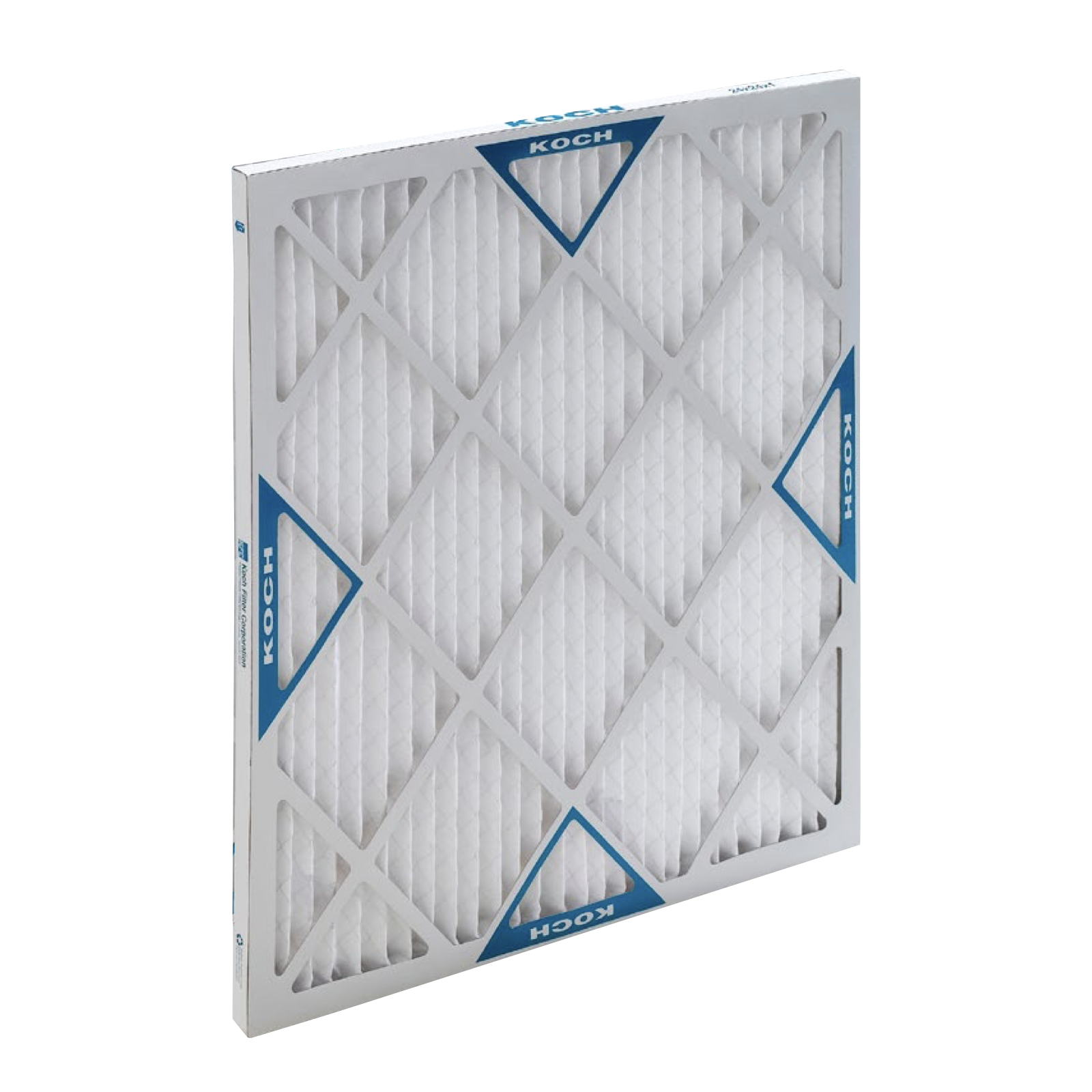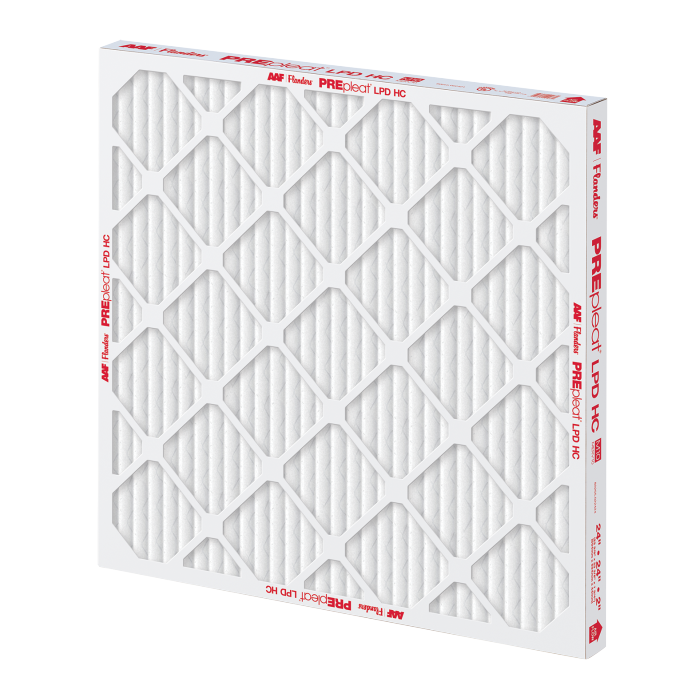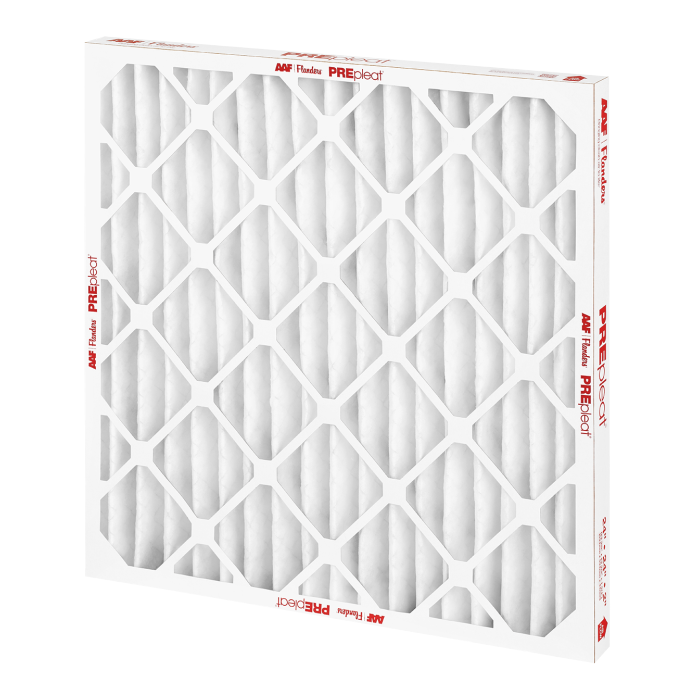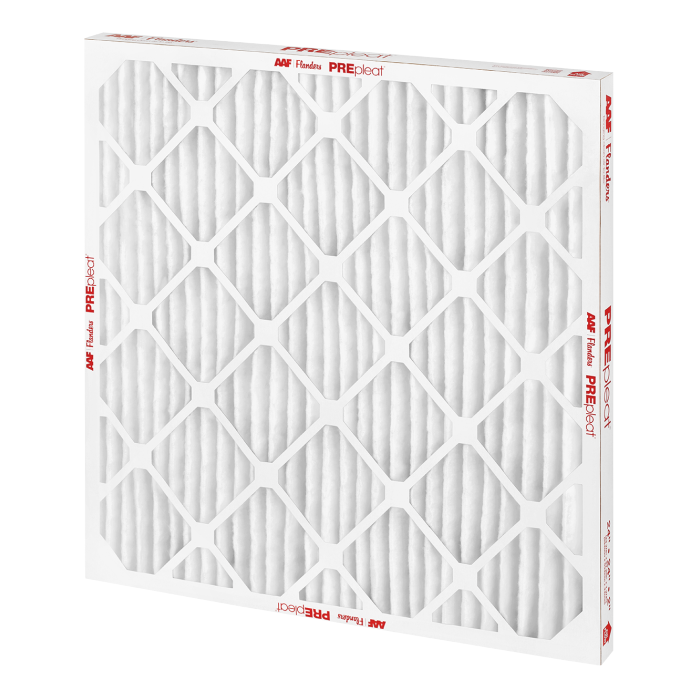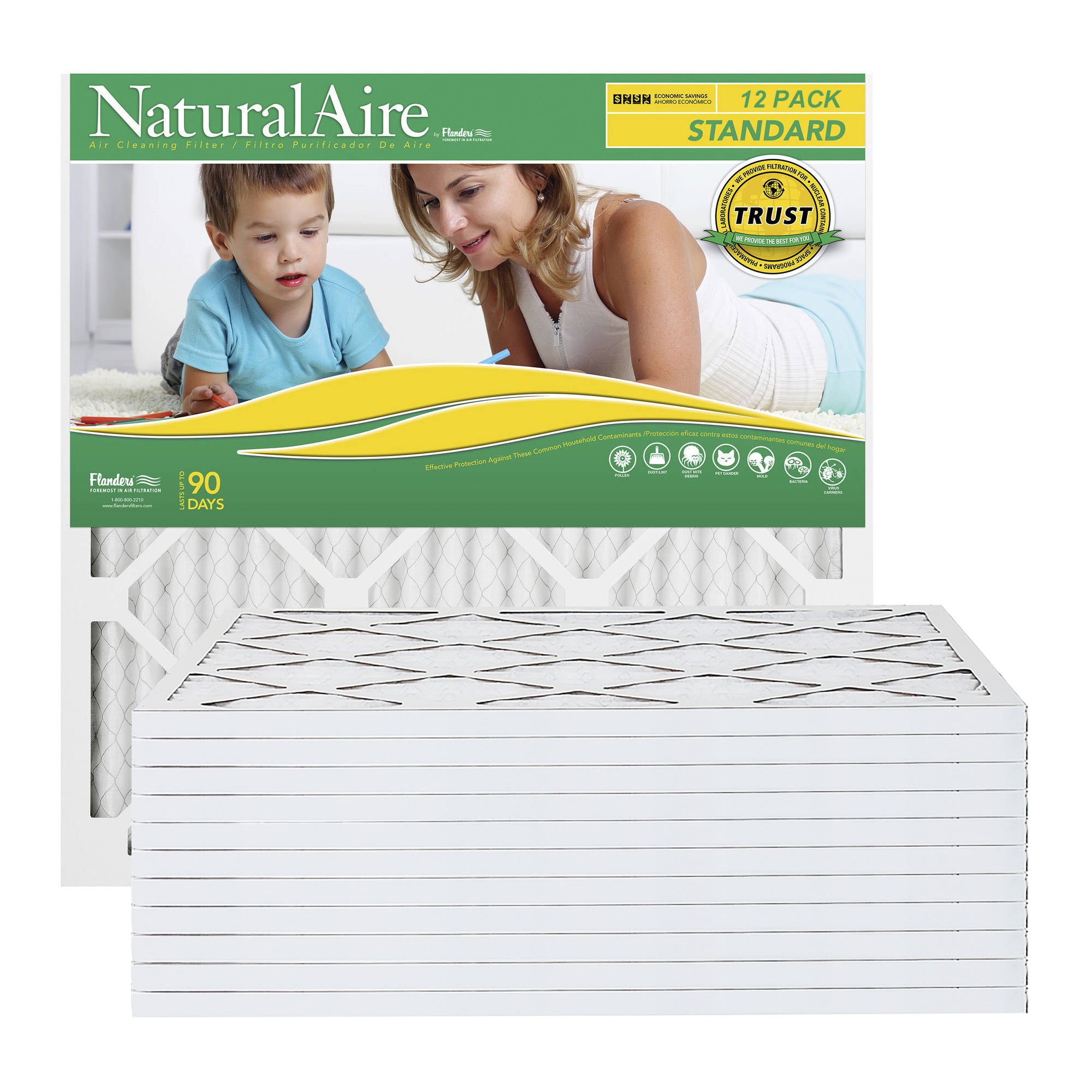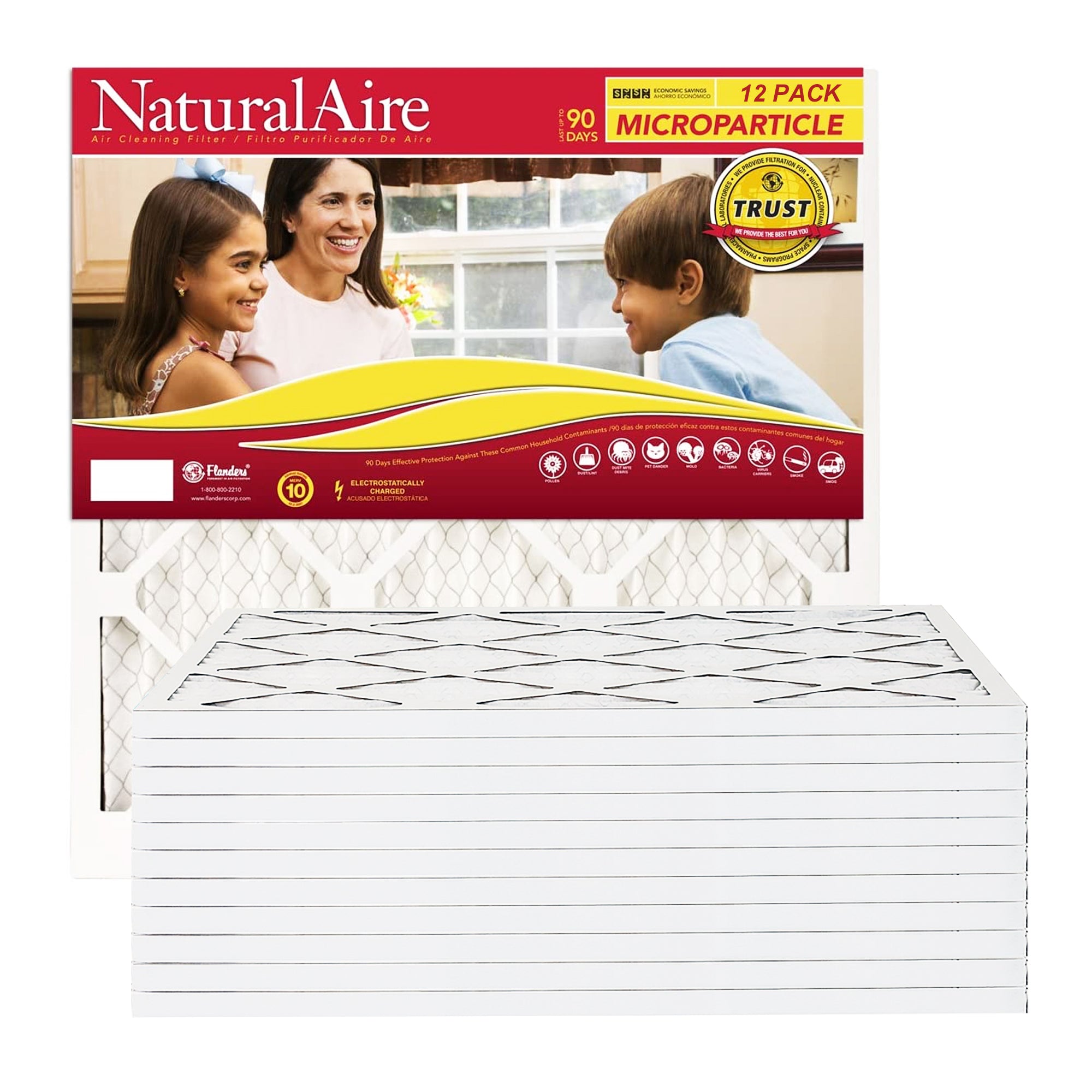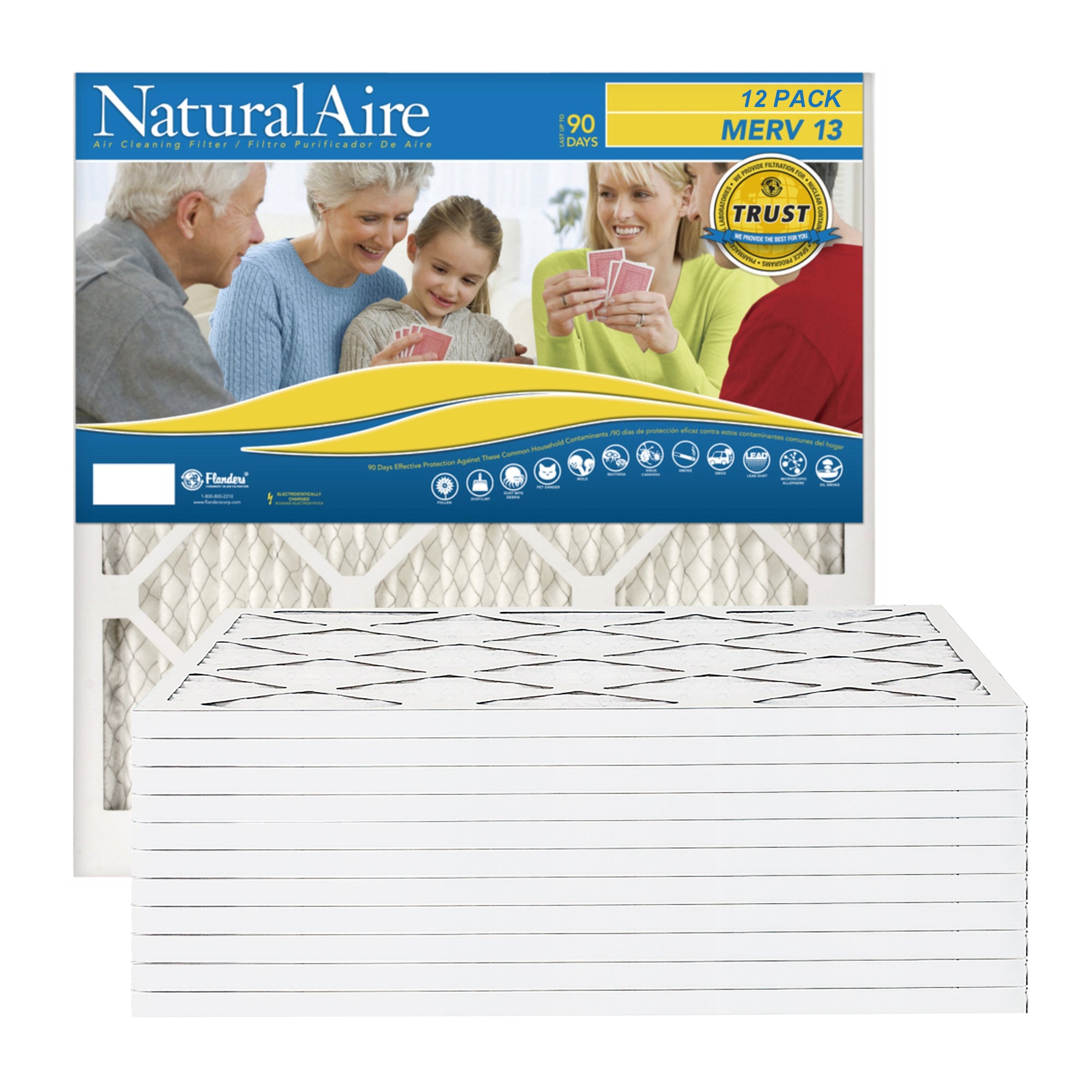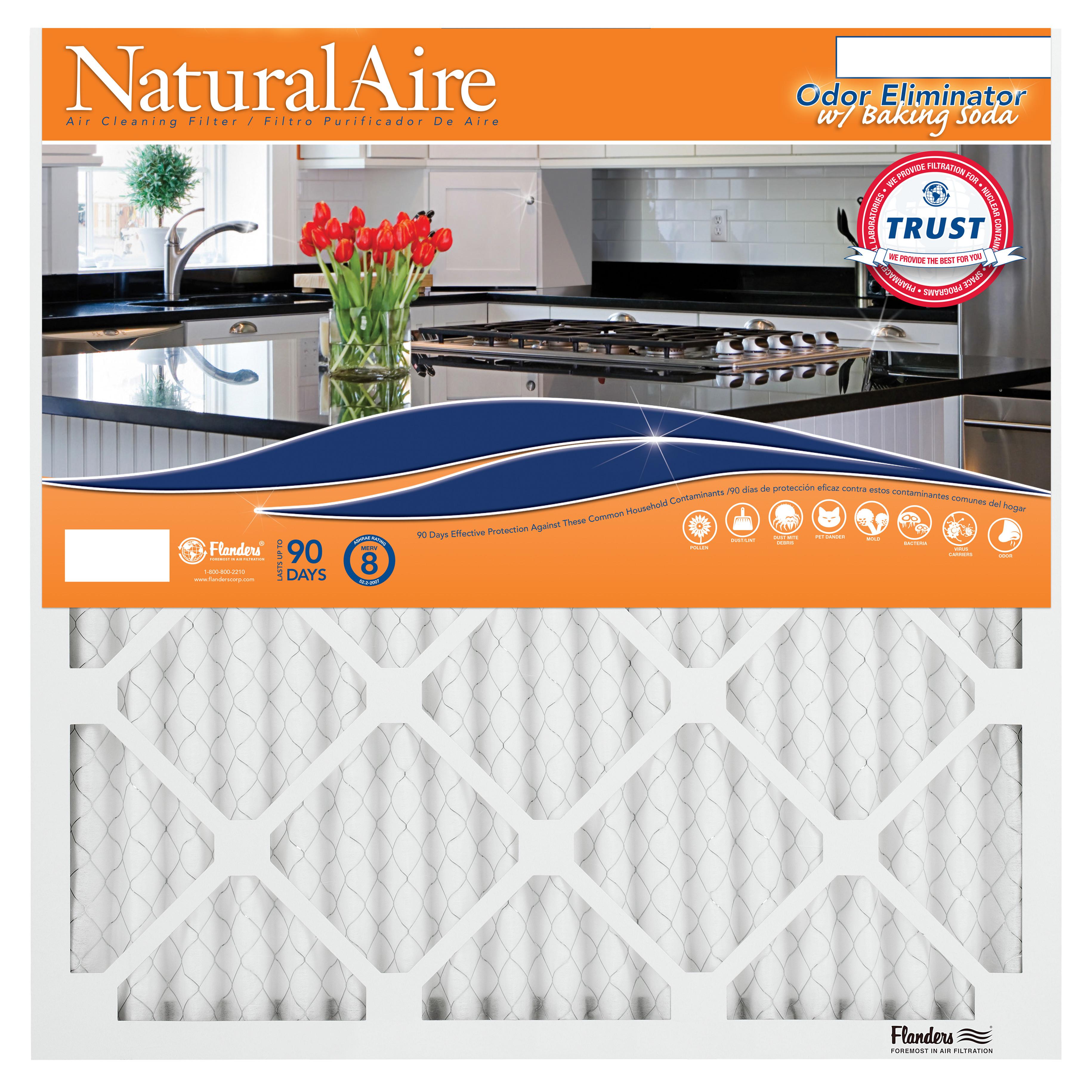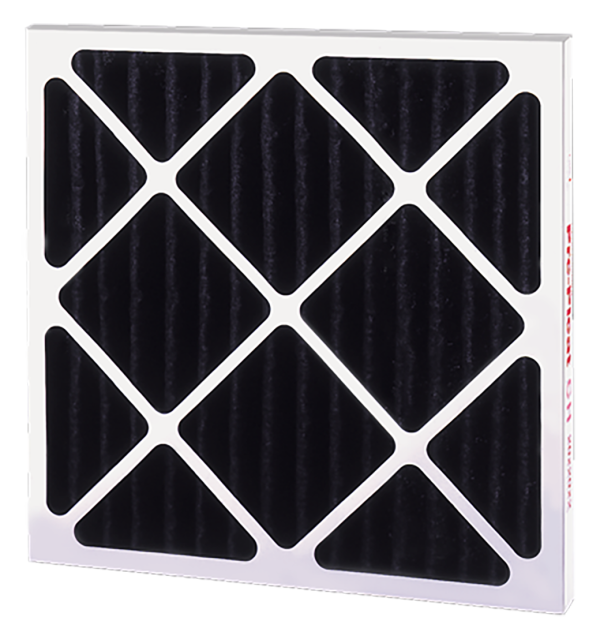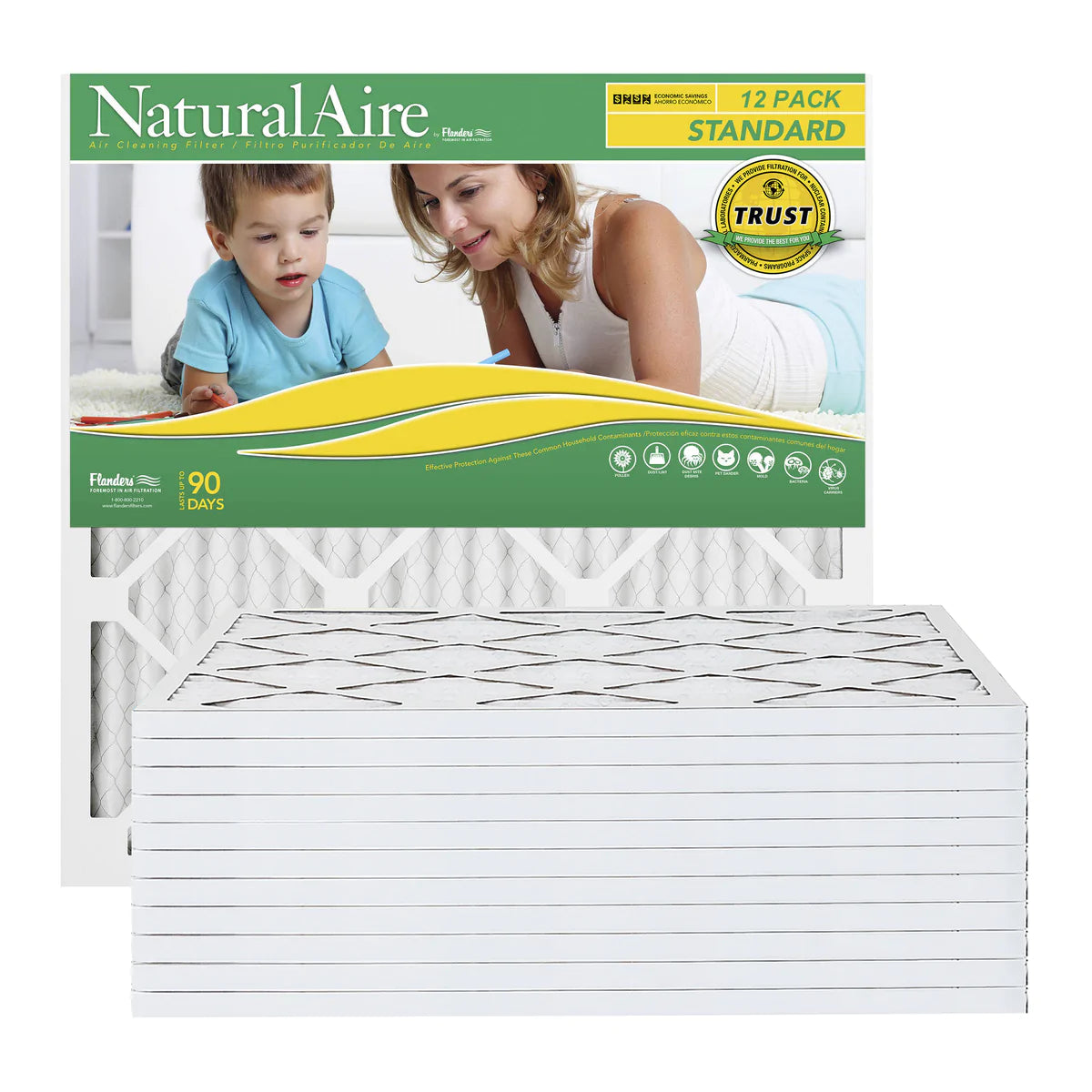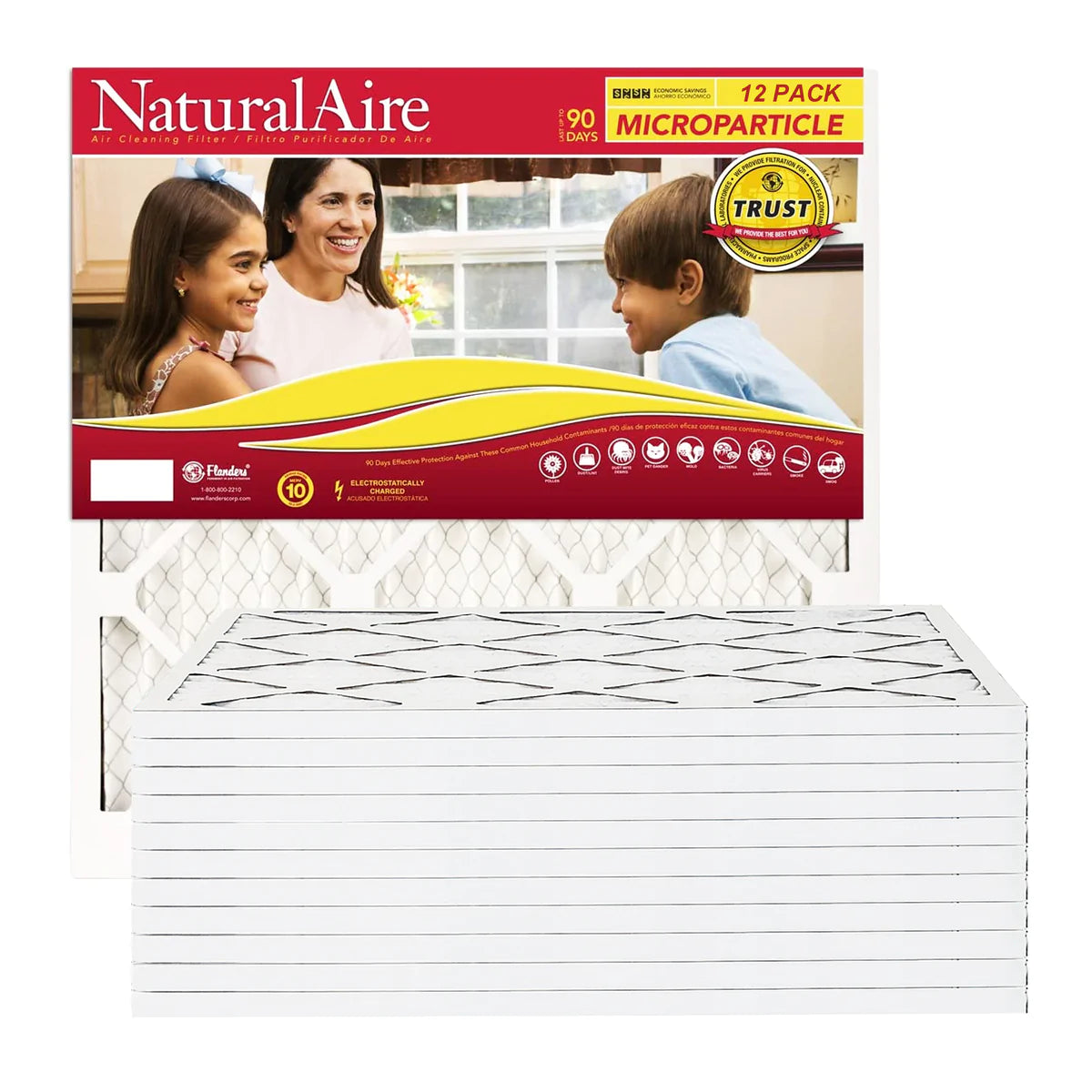Underwriters Laboratories, Inc. (UL) is an agency that tests products for public safety and publishes their findings for the public to access. Most of the filters we sell meet the UL criteria set forth in UL Standard 900, which includes limits for smoke and flammability. However, the toxicity of products of combustion and the filter’s filtration capability before or after flame exposure is outside the scope of UL 900. If you have questions regarding a specific filter model please let us know.
In order to receive a UL listing, the air filtration manufacturer must submit multiple samples of the product to UL for testing and agree to a follow-up service procedure. During this procedure, a UL representative will visit each point of manufacture and select a sample of the listed product to be retested by UL. Only products that have met the criteria for listing may use the UL label, and products manufactured that do not bear this label are not required to comply with UL 900 requirements.
The Listings and Classifications for a company’s products can be found on the Underwriters Laboratories website in their Online Certifications Directory at ul.com.


